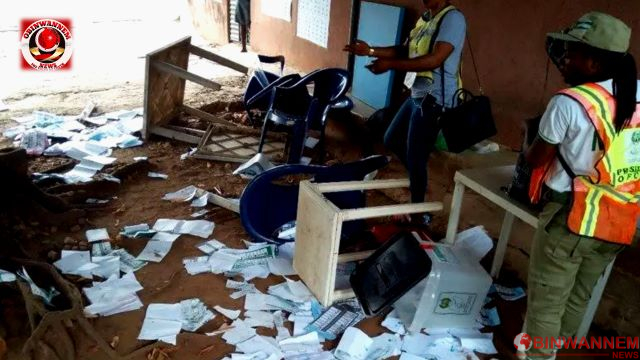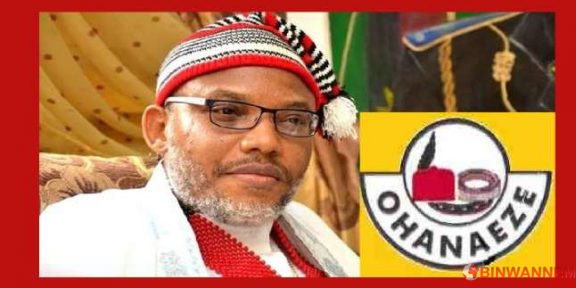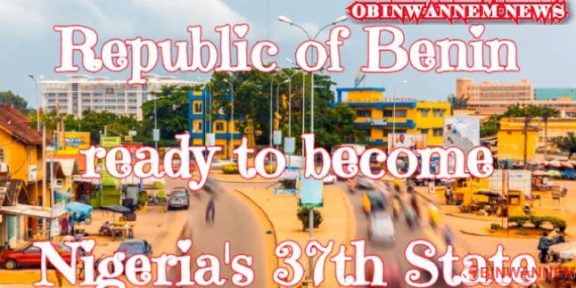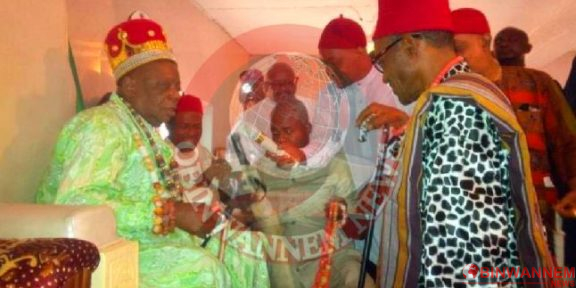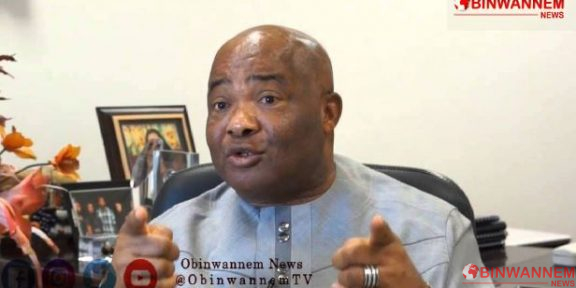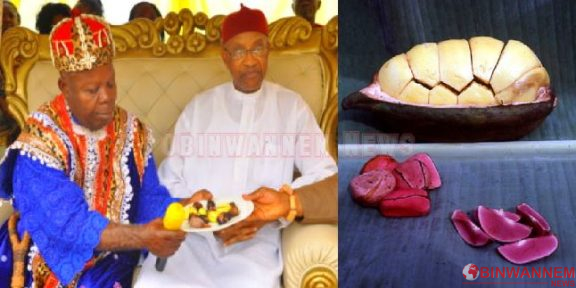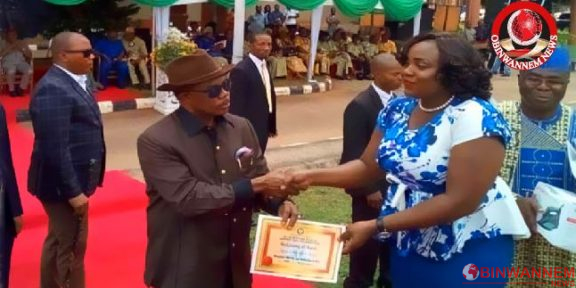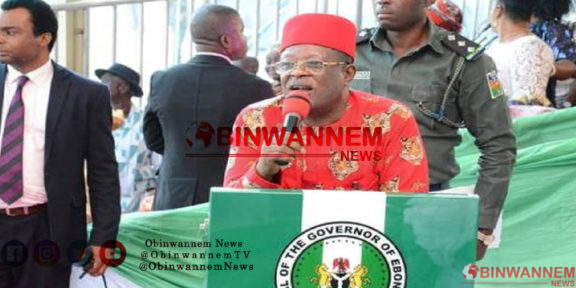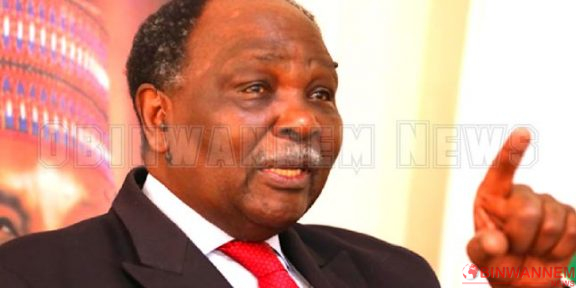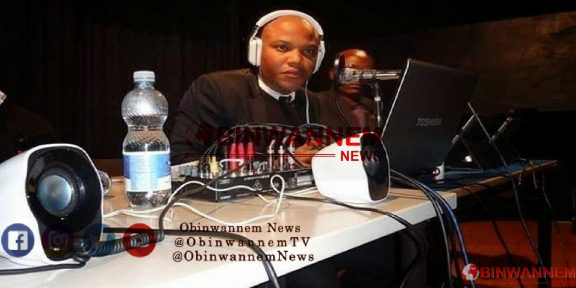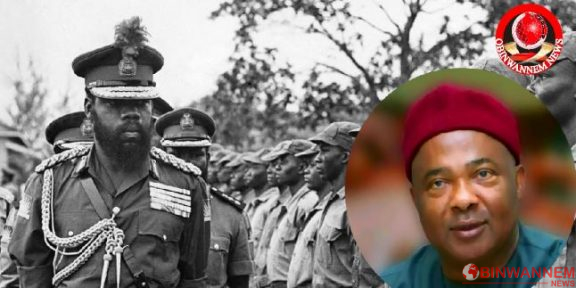POLITICS: The Downside of Rigging Elections in Nigeria: A Threat to Democracy
Elections are the cornerstone of any democratic society, serving as a mechanism for citizens to exercise their right to choose their leaders. However, the issue of election rigging has plagued the Nigerian political landscape for decades. Here, we will shed light on the significant downsides and negative consequences associated with this practice.
Undermining Democracy:
Rigging elections undermines the very foundation of democracy. It erodes citizens’ trust in the electoral process, leading to scepticism and disillusionment. When people believe that their votes do not count, they become disengaged from the political system, resulting in apathy and a lack of participation in subsequent elections.
Impeding Development:
Rigged elections hinder national development and progress. When leaders are not elected based on merit and the will of the people, the consequence is often poor governance and a lack of accountability. This limits the potential for effective policies and initiatives that address critical issues such as poverty, unemployment, education, and healthcare.
Breeding Corruption:
Election rigging creates an environment conducive to corruption. When politicians feel they can manipulate the electoral process, they are more likely to engage in corrupt practices to maintain their grip on power. This perpetuates a cycle of corruption, diverting resources from public welfare and exacerbating socio-economic inequality.
Ethnic and Religious Tensions:
Rigged elections often exacerbate existing ethnic and religious tensions within Nigeria. When certain groups feel marginalized and their votes suppressed, it fuels resentment and can potentially lead to social unrest and violence. These divisions threaten the unity and stability of the country, hindering progress towards national cohesion.
International Reputation:
The practice of rigging elections tarnishes Nigeria’s international reputation. It undermines the country’s credibility and raises concerns about the commitment to democratic values and principles. This can have adverse effects on foreign investment, diplomatic relations, and the overall image of the nation on the global stage.
Preserving Democracy and the Way Forward:
To mitigate the downside of election rigging, Nigeria must prioritize electoral reforms. Strengthening institutions responsible for conducting elections, ensuring transparency, and implementing effective monitoring mechanisms are crucial steps. Additionally, civic education and voter awareness programs are necessary to empower citizens and promote a culture of political participation.
Conclusion:
The downsides of rigging elections in Nigeria are far-reaching and detrimental to the progress and stability of the nation. It is imperative for all stakeholders, including political parties, civil society organizations, and the government, to work collaboratively to eradicate this practice. Only through free, fair, and transparent elections can Nigeria realize its full democratic potential and build a prosperous future for its citizens.


